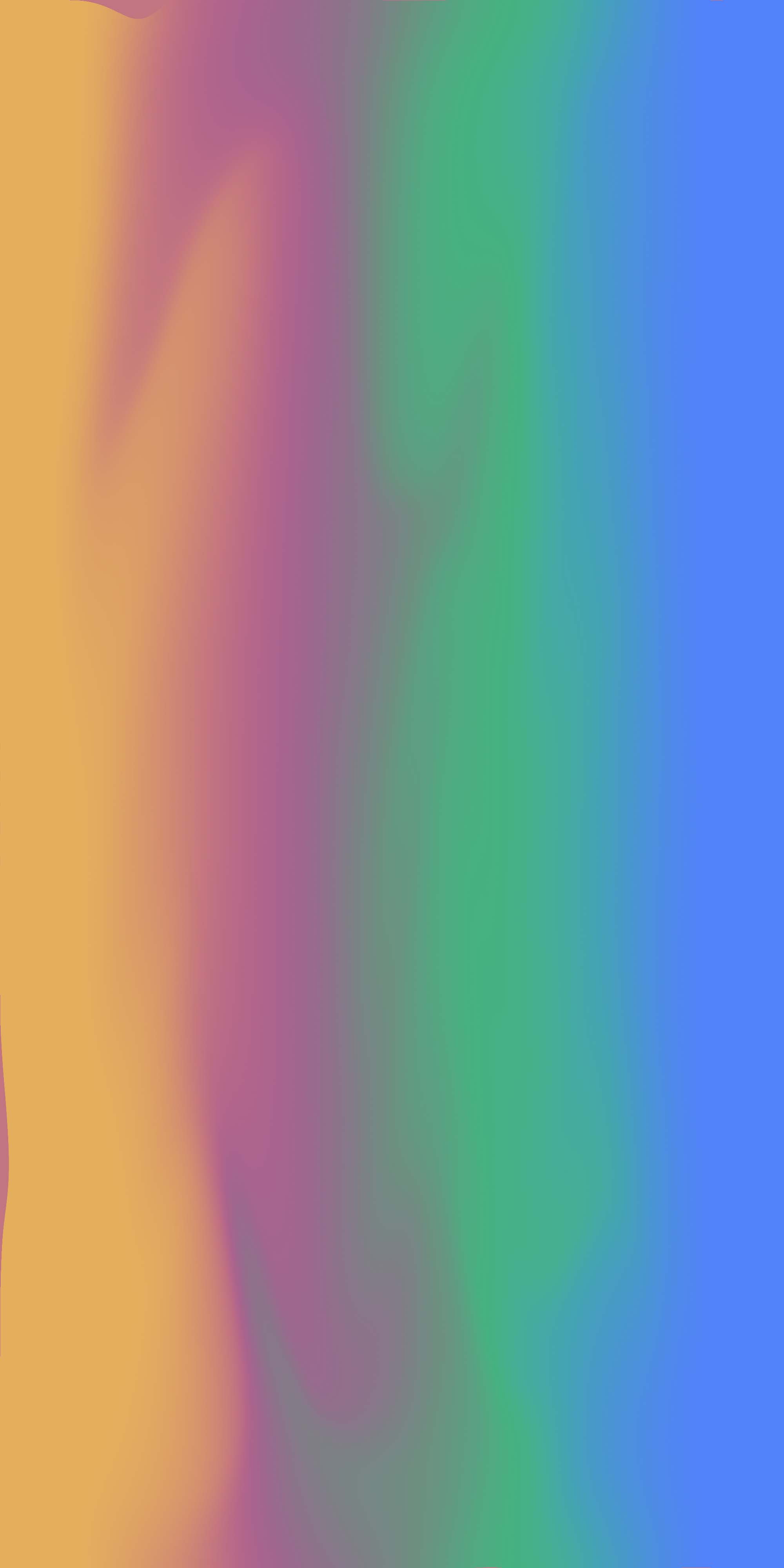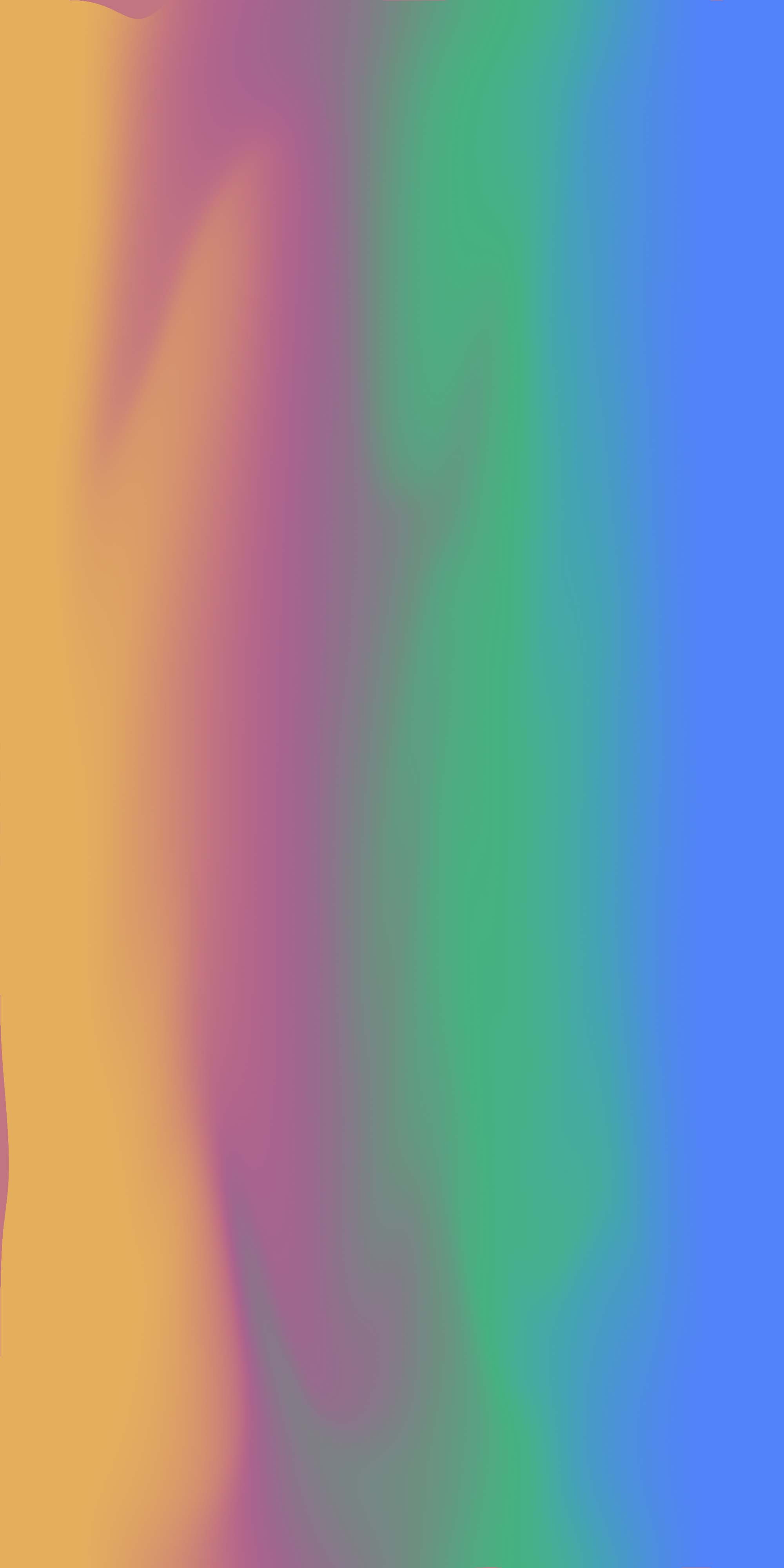Pre Party

Environmental history and the environmental humanities
TRAILER: A Dinner Discussion
View a trailer of a dinner discussion film, with Stacy Alaimo, Jacqueline Fay, Mark Hersey, Christopher Morris, Ned Schaumberg, and Rajani Sudan.

The Shit Project
Trailer: An Art Walk Bridging Sewerage, River System and Human Bodies
A trailer from the Shit Project video documentation - The Shit Project is a collaborative art and research project with seven artists from Fungus Kingdom’s studios in Gnesta and four researchers from Uppsala University.

Sex Ecologies: Reel 1
Trailer
A trailer of Sex Ecologies – a documentary introducing the arts-driven collaborative environmental humanities project encompassing an exhibition, a publication, and a public programme. The project is founded in a collaboration between Kunsthall Trondheim and The Seed Box. Release as part of The Community Garden festival program on Tuesday Feb 8 at 3 PM (CET).

Sex Ecologies: Reel 2
Trailer
A trailer of Sex Ecologies – a documentary introducing the arts-driven collaborative environmental humanities project encompassing an exhibition, a publication, and a public programme. The project is founded in a collaboration between Kunsthall Trondheim and The Seed Box. Release as part of The Community Garden festival program on Tuesday Feb 8 at 3 PM (CET).

Sex Ecologies: Reel 3
Trailer
A trailer of Sex Ecologies – a documentary introducing the arts-driven collaborative environmental humanities project encompassing an exhibition, a publication, and a public programme. The project is founded in a collaboration between Kunsthall Trondheim and The Seed Box. Release as part of The Community Garden festival program on Tuesday Feb 8 at 3 PM (CET).
Monday
February 7

(De)Cycle live data stream
Bringing the farm to the lab and the lab to the farm, this project considers whether the means of production will grow ever distant from Nature. Will this metabolic rift be the precursor to open and sustainable food systems?

Welcome
to The Community Garden!
The Seed Box management and The Seed Box board, the festival organizers, and Linköping University wish you all warmly welcome to the Community Garden Festival with a video about our hopes for the festival

Bridging Borders
A keynote with Lesley Green, Matthew Fuller, and Shela Sheikh, moderated by Nina Lykke.

Transition Talks
Podcast Launch
Transition Talks is a podcast based on interviews and conversations where people talk about what it means to transition to a fossil-free society. It is part of the project Just transformation: The places, politics and ethics of fossil free society. Transition talks focuses on Lysekil which is home to Scandinavia’s largest oil refinery.

Esmeralda och Draken
A Theatre Performance for children
Esmeralda och Draken (in Swedish with English subtitles) is a video documentation of a theatre performance for children, and on children’s terms addresses issues of sustainable development, Agenda 2030 and the UN Global Goals.

Flora Colonica: Traveling Archives
audio piece
In a sound montage (in Danish and English), tamarinds are used as a prism to unfold stories about co-evolving landscapes. How do tamarind trees function as storied matter? That is as active producers of environments and as co-creators of material archives?

Environmental Humanities: The State of the Art
A panel with Stacy Alaimo, Eva Lövbrand, Astrida Neimanis, Jesper Olsson and Myra Hird, moderated by Jennifer Hamilton.

Textual traces, from Delicious Movement
Textual traces by Camila Marambio, from Delicious Movement, a workshop with Eiko Otake.

Reading & Seeding
Session 1:3
Join us, live and online, for a Seed Box themed reading group discussion, facilitated by international reading group propogandist Astrida Neimanis.

Archive of the weird
Freethinking, Hesitation, Weirdness revolves around a broad array of materials and sources, here collected in a micro archive with many entrances and intersecting trajectories.
Tuesday
February 8

Can Science Save Us?
A keynote with Oron Catts and Audrey Samson, moderated by Susan Reid

Envisioning Societal Change
Can transition pathways be smoothed with introduction of cupcakes and chocolate babkas into models
A metaphorical story about the controversies around the use of integrated assessment models for the purpose of envisioning climate transitions, set in a fantasy context.

Sex Ecologies
Sex Ecologies – a documentary introducing the arts-driven collaborative environmental humanities project encompassing an exhibition, a publication, and a public programme. The project is founded in a collaboration between Kunsthall Trondheim and The Seed Box.

Values of Repair Practices
Values of Repair Practices presents two papers: The Political Economy of Circular Economies: Lessons from Future Repair Scenario Deliberations in Sweden, and Repair for a Broken Economy: Lessons for Circular Economy from an International Interview Study of Repairers.

Cross-Pollination
a workshop on translation in the environmental humanities
Do the environmental humanities require particular kinds of translation? What are the voices that are missing from the global debate? How can we translate taking different kinds of knowledge and culture into account and by centering theories drawn from intellectual traditions with advanced understanding of both ecological practices and of devastation? This workshop will bring together scholars working on translations from the Global South in the area of the environmental humanities.

Reading & Seeding
Session 2:3
Join us, live and online, for a Seed Box themed reading group discussion, facilitated by international reading group propogandist Astrida Neimanis.

Cries for climate justice
Images of youth activism
In “Cries for Climate Justice – images of youth activism”, we meet activists in Fridays For Future through their own words and through their own images.
Wednesday
February 9

Listening for Connections to the World
How we live in the world is always interdependent and situated within environments and place. Listening is a way of feeling into these relations. For this workshop participants will engage a daily listening and writing session, to connect both to where they are and to try to become sensitive to how they relate to their surroundings, and how their surroundings shift and change in relation to them.

The Power Lies in the Tissue
A video assemblage of documentation from a joint lecture with immunologist Polly Matzinger and Camila Marambio, edited by Katja Aglert and Camila Marambio.

Grass Tree Living Burn
Pierces Creek Forest & Living Burn Triptych
This collaboration is centred on an Indigenous led regenerative burn of a grass tree, or xanthorrhoea, in southeast Australia. By connecting with all life and cultures, it foregrounds the importance of Indigenous leadership in healing nature and also healing humanity’s relationships with nature.

Freethinking, Hesitation, Weirdness
A panel on Literature and the Anthropocene
What is the role of literature in the Anthropocene? How can literary history contribute to a reconsideration of our understanding of ecological crisis today? The participants in the Seed Box research project “Freethinking, Hesitation, Weirdness” discuss these questions with invited guests.

Temporal Walkshop, Counterclocks, and The lecture
With a base in critical feminist posthumanism Curating Time problematizes the anthropocentric focus in many heritage policies and strategies and probes into the technocratic politicization of the long-term, here explored through digital exhibitions and a lecture.

Entwined: Plants and People, Narratives and Networks
A Plant Story Writing Workshop
How do humans imagine the lives they share with plants? Are plants vegetal others, or do they confront the same kinds of issues that humans do: placement and displacement, illness and recovery, communication, and social networking?

What Comes After Apocalypse?
A keynote with Camila Marambio and Max Boykoff, moderated by Astrida Neimanis.

Reading & Seeding
Session 3:3
Join us, live and online, for a Seed Box themed reading group discussion, facilitated by international reading group propogandist Astrida Neimanis.
Thursday
February 10

SymbioticA’s Automated Cultures Digestion
This symposium with Tarsh Bates, Sarah Collins, Dale Tilbrook, and Ionat Zurr moderated by Oron Catts, will explore and contest some of the fantasies surrounding tech based future food systems. It will focus on the attempts to optimise and standardise food production by removing uncontrollable variables such has sunlight (shorthand for seasonality and weather) and soil (or more generally, what we used to call nature…). In AgTech’s narrative, the means of production are growing ever distant from nature. In a sense AgTech calls for a metabolic rift; a state when a broken nature can no longer provide us with means of existence.

Listening as methodology in colonial environments
Welcome to a moderated live conversation where Lene Asp Frederiksen and AM Kanngieser share experiences and reflect on practices and challenges in conducting ethnographic field work, interviewing and working with sound materials in postcolonial sites.

Ontological Security
Article
Dethroning the planetary perspective: Dealing with actually-occurring transformations using dialogical sense-making and critical phenomenology — a conceptual paper from the Ontological Security project.

Seaside Arts and Low-trophic Imaginaries
A short documentary presenting Seaside Arts and Low-Trophic Imaginaries: A State of the Art Network Mid-term Event (2021) that focused on arts, environmental humanities, marine science and oceanic imaginaries.

Rumors
Sound bites from Turba Tol Hol Hol Tol, the Chilean Pavilion at the 59th Venice Biennale curated by Camila Marambio.

Is Climate Change (only) Meteorological
A keynote with Cate Sandilands and May-Britt Öhman, moderated by Astrida Neimanis.

Currents and Currency in Cape Town’s Watery Worlds
Currents and Currency explores the emerging social movements opposing the pollution of urban waterways in Cape Town. Through video and richly illustrated papers the project dives into questions about the forms of politics at play in the urban environmental management and infrastructure development.
Friday
February 11

Environmental Humanities: Reconfiguring Futures
A panel with Marco Amiero, Thom van Dooren, Marietta Radomska and Sue Reid, moderated by Astrida Neimanis.

Esmeralda och Draken
A children’s book
Esmeralda and the Dragon is a book (in Swedish) for children, and on children’s terms which addresses issues of sustainable development, Agenda 2030 and the UN Global Goals.

The Shit Project
An art walk bridging sewerage, river systems and human bodies
The Shit Project is a collaborative art and research project with seven artists from Fungus Kingdom’s studios in Gnesta and four researchers from Uppsala University who work with research on sewage, treatment plants and food waste in the project “Waste Work in the Sustainability Economy: Transforming Values of Biological Waste”.

Video of a Dinner Discussion
Environmential History and The Environmential Humanties
The Community Garden Festival will release a video about an environmental history and humanities dinner conversation. At the preimier event, on Friday 16:00 CET, you can view it here.

Environmental History and the Environmental Humanities:
A Dinner Discussion
A panel conversation and video screening with Stacy Alaimo, Jacqueline Fay, Mark Hersey, Christopher Morris, Ned Schaumberg, and Rajani Sudan. Inspired by the Seed Box festival theme of a Community Garden, we offer a video of a dinner conversation on the Environmental Humanities, from the varying perspectives of scholars of history and of literary and cultural studies.

Good bye and welcome to the next step!
Stay on after the Environmental Humanities Dinner Discussion for some final and first words. NB: starting time is approximate, depending on the lenght of the previous session. May start earlier.
After Party

Bridging Borders – video documentation
A keynote with Lesley Green, Matthew Fuller, and Shela Sheikh, moderated by Nina Lykke.
This is a video documentation of the keynote from Feb 7, 2022 that was part of the Community Garden Festival program.

Environmental Humanities: The State of The Art - Video Documentation
A panel with Stacy Alaimo, Astrida Neimanis, Jesper Olsson and Myra Hird, moderated by Victoria Wibeck.
This is a video documentation of the panel discussion from Feb 7, 2022 that was part of the Community Garden Festival program

CAN SCIENCE SAVE US? – video documentation
A keynote with Oron Catts and Audrey Samson, moderated by Susan Reid.
This is a video documentation of the keynote from Feb 8, 2022 that was part of the Community Garden Festival program.

Cross-Pollination -- video documentation
A WORKSHOP ON TRANSLATION IN THE ENVIRONMENTAL HUMANITIES
This is a video documentation of the workshop from Feb 8, 2022 that was part of the Community Garden Festival program.

What Comes After Apocalypse? - Video documentation
A keynote with Max Boykoff and Camila Marambio, moderated by Astrida Neimanis
This is a video documentation of the keynote from Feb 9, 2022 that was part of the Commnuity Garden Festival program.

Is climate change (only) meteorological? - Video documentation
A keynote with Cate Sandilands and May-Britt Öhman, moderated by Astrida Neimanis
This is a video documentation of the keynote from Feb 10, 2022 that was part of the Community Garden Festival program.

Environmental Humanities: Reconfiguring Futures - Video Documentation
A panel with Marco Amiero, Thom van Dooren, Marietta Radomska and Sue Reid, moderated by Astrida Neimanis
This is a video documentation of the panel discussion from Feb 11, 2022 that was part of the Community Garden Festival program.

Environmental History and the Environmental Humanities: - Video Documentation
Dinner and Panel Discussions
One evening around a dinner table, six scholars performed a three-hour discussion about the Environmental Humanities. What are the Environmental Humanities, as collective research project and as political activism? Should we tell stories, or should we offer theories? How interdisciplinary should or can we be? How useful are concepts such as Anthropocene, post-human, post-natural?







